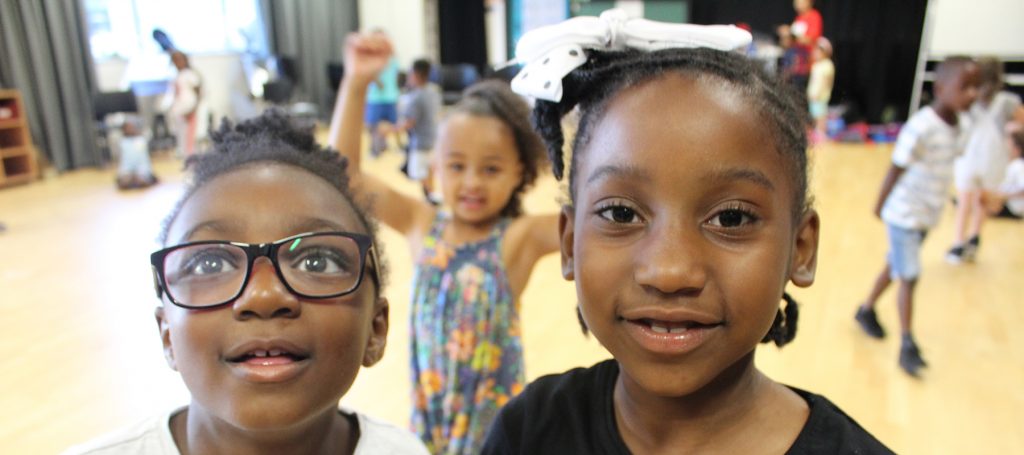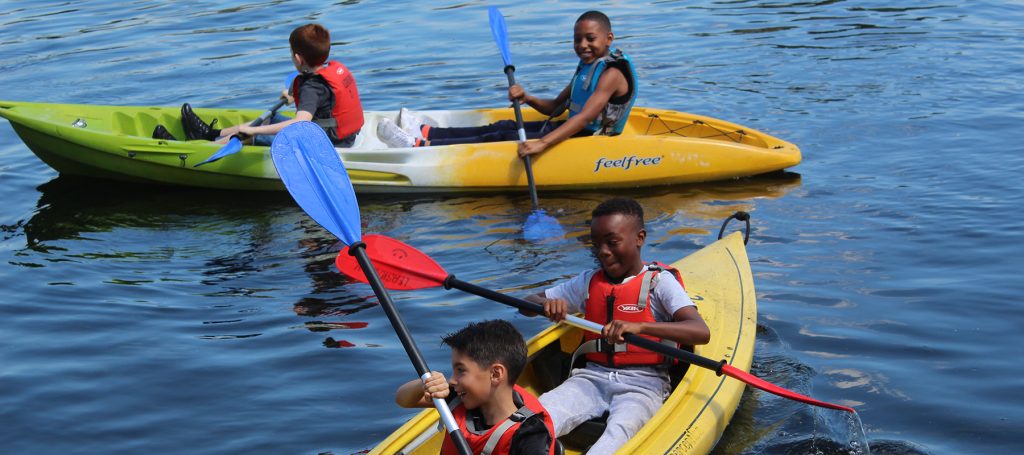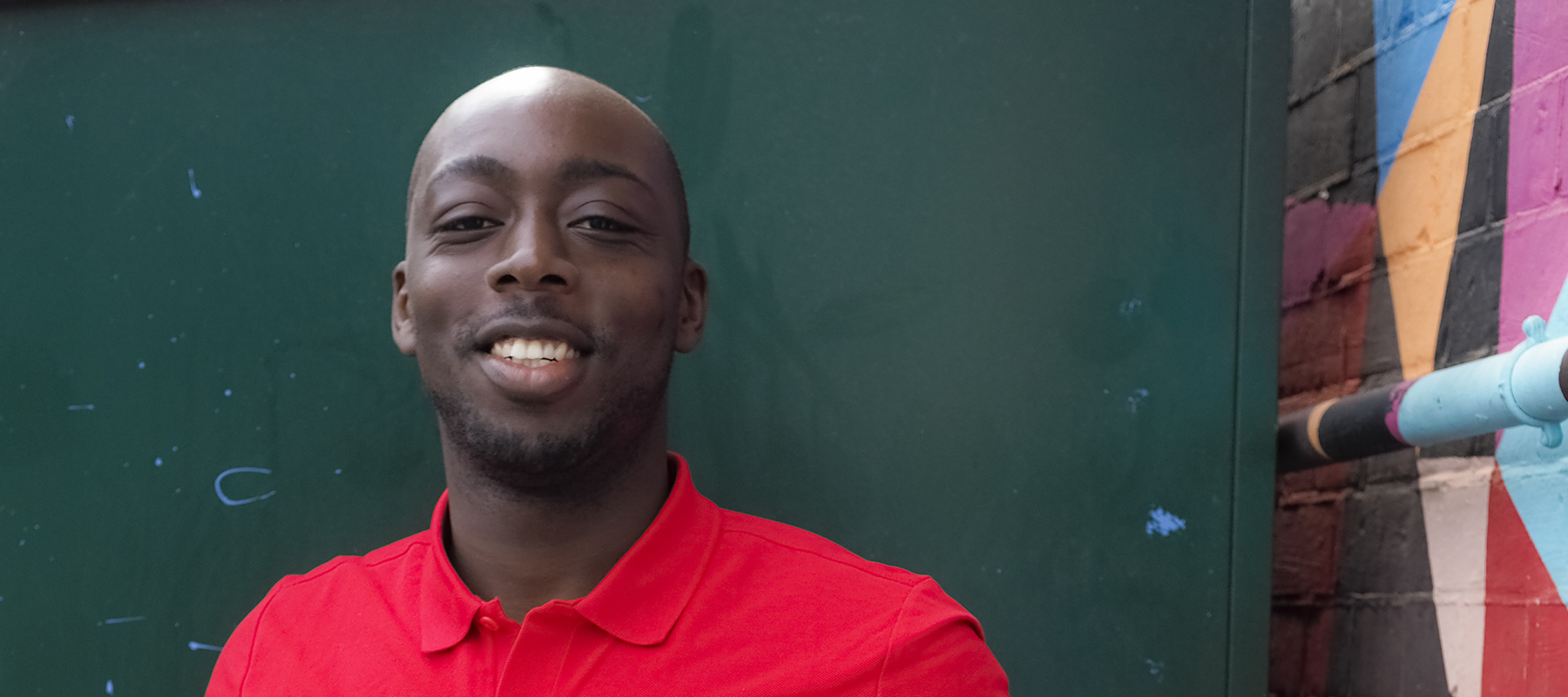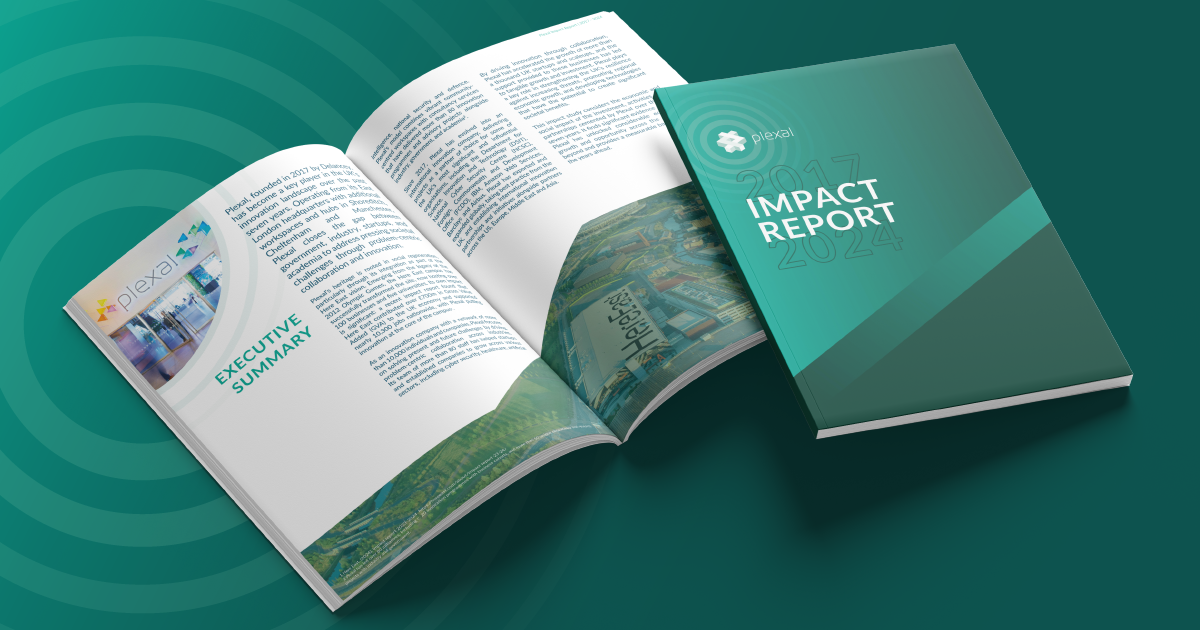Growing up in east London, Nana Badu didn’t come from a wealthy home and didn’t go to the best school by any means, but what he did have was football. When a teacher saw through his troublemaker act and encouraged Nana to get into sport, it changed his life. Instead of messing around, Nana never missed a single practice and dedicated himself entirely to his goal of playing professionally. “There was no way I was going to do anything that would jeopardise my dream,” he recalls.
It was that early experience that showed Nana what a difference sport can make, especially to young people. “Sport’s one of the most powerful tools for social change in the world,” he says. “It teaches you about discipline, structure and respect, as well as how to control your emotions on and off the pitch – you can’t just lose your temper because the ref has made an unfair call, for example. Had I not found football, my life could very easily have turned out differently.”
So years later, when he got sick of hearing about obesity, mental health problems and gang violence in east London, Nana knew sport could be part of the solution. Nana took the leap from idea to action and founded BADU Sports in 2008: a social enterprise that works with kids aged from 5-20 in London (many of whom come from deprived backgrounds).
When it first launched, BADU Sports focused on organising sports activities within schools to shift the attention of young people away from crime and gang culture. Explaining why reaching kids early on is so important, Nana says: “When you come from a deprived background it’s about survival on that day, in that minute. What we try to do is get young people thinking about tomorrow and what need to do to get to the future they want.”
“When you’re bored you go looking for trouble”
But after a year of seeing first-hand all the challenges the students were facing, it became clear to Nana that there was a need for more support outside school hours. And so in 2009, BADU Sports started running after-school camps and offering mentoring to both young people and their families. They also began introducing the kids to new types of experiences. One minute they could be learning about dinner table best practice in etiquette classes and the next visiting Plexal to meet our members. Anything to prevent boredom from setting in, because Nana knows that “when you’re bored you go looking for trouble”.
Broadening the scope of their work enables the team to get an even fuller picture of a child’s life, spot red flags and provide tailored support. For instance, the coaches have noticed that some kids are turning up to sports camps during the school holidays hungry and not bringing a packed lunch like the others – symptoms that their parents are struggling with food insecurity when school’s out. Seeing this helps the coaches understand the kind of mentoring the family might need, and it also allows them to provide a temporary solution by making sure the kids get a good lunch.

“Britain is still a very unequal society”
Nana sees this holistic approach as crucial to building up the confidence in young people – a trait that can come less easily to kids from underprivileged households. “Britain is still a very unequal society and it’s very hard for someone growing up in Hackney to transcend their social class and break that cycle,” he says. “It’s not impossible but you need an alternative route that’s just as desirable. Something as simple as bringing the kids to Plexal is huge. Tech hubs can seem intimidating for some. But just walking through the doors and speaking to the members, the kids start to feel like they could belong in a place like this, that it’s not that scary and it is possible for people, regardless of background.”
It helps that the kids clearly look up to Nana (or Mr Badu, as they respectfully refer to him). He’s not a remote founder who spends his time behind a desk: even though his team has grown Nana’s out there in his gym kit coaching games and mucking in. “It’s important that they have mentors they can relate to,” he says. “I grew up in east London and, like many of the kids we work with, I didn’t have much money and I’m also from an African background. In other words, I look like them – which matters.”
“I think our work has the potential to turn into a social franchise and expand”
Remarkably, all this work has been self-funded by Nana. “I believe in certain things and we have no time to waste – I wasn’t going to wait for years for funding so I dug into my own pockets. But I’m not going to lie, it’s been difficult at times.”
But that could change soon, because the founder has some big plans.
As well as speaking to Plexal members about integrating tech into lessons and potentially developing an app, Nana launched the BADU Community Interest Company last year to formalise the work BADU Sports has already been doing. The new company is also allowing Nana to apply for funding he previously assumed he wouldn’t be eligible for – something the Mayor’s Office has encouraged the founder to do. Speaking about what’s in store, he said: “I think our work has the potential to turn into a social franchise and expand. We know what works, we’re now at the point where we need the right technology, business advice and funds to do it at scale. I’m good to go.”



